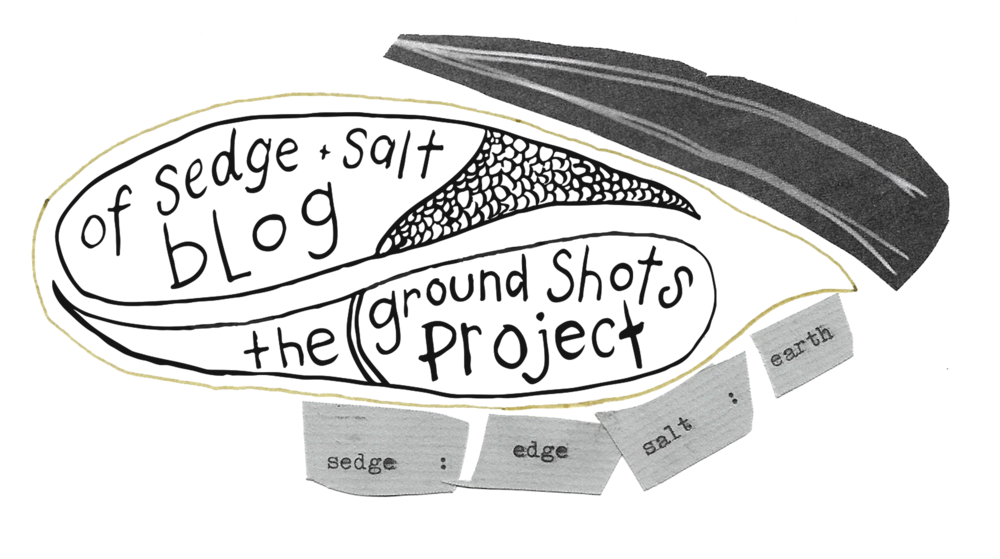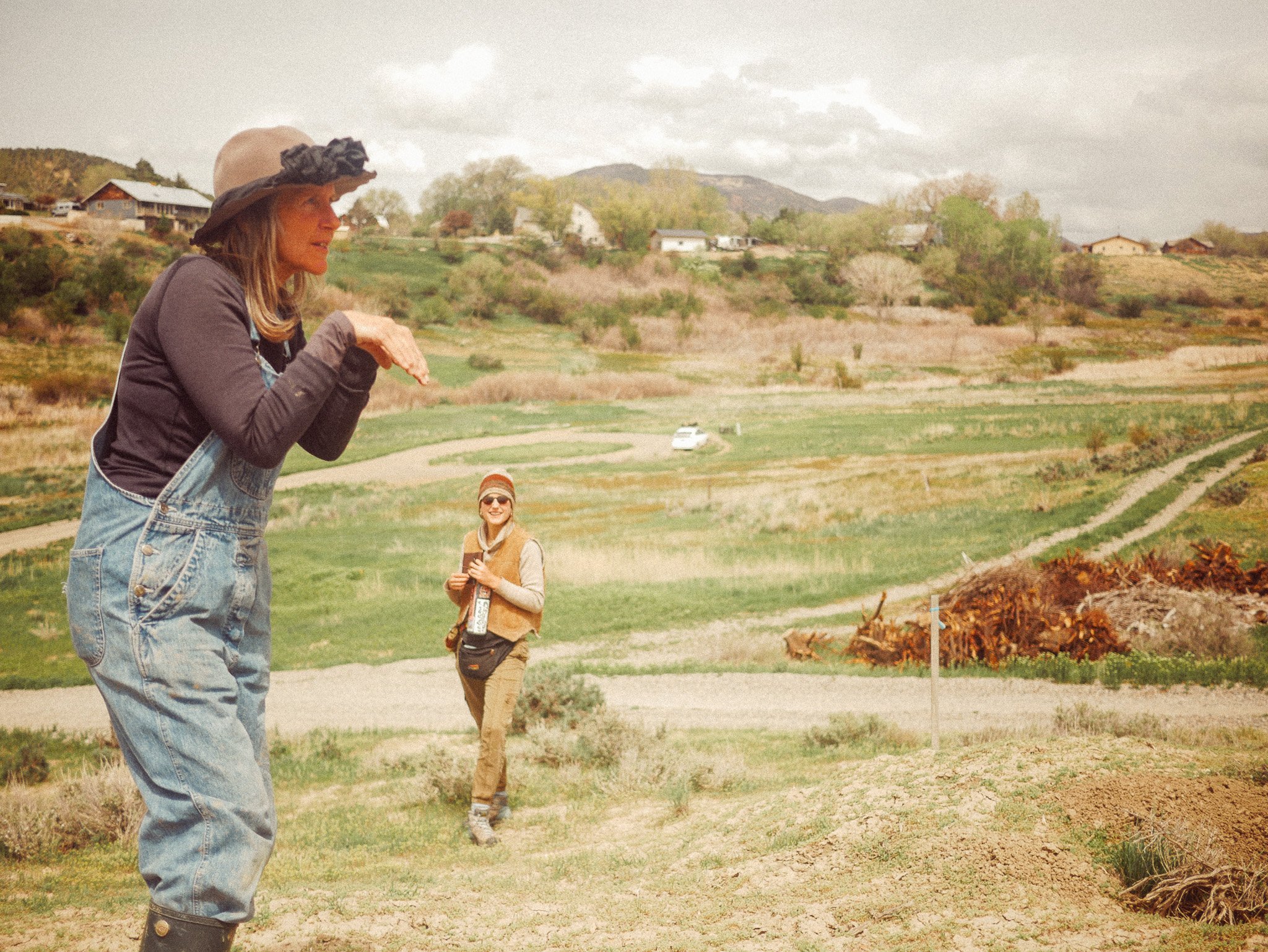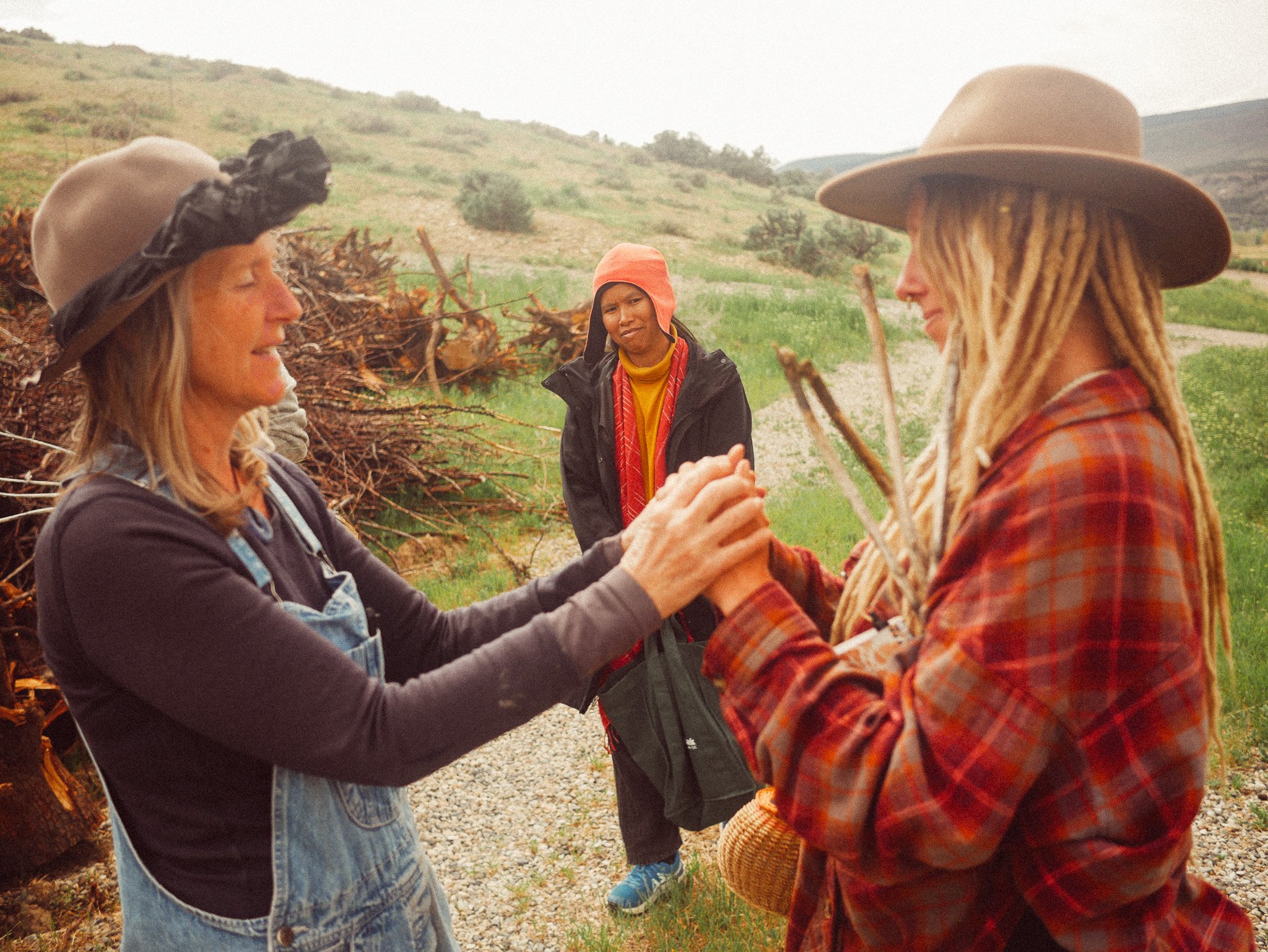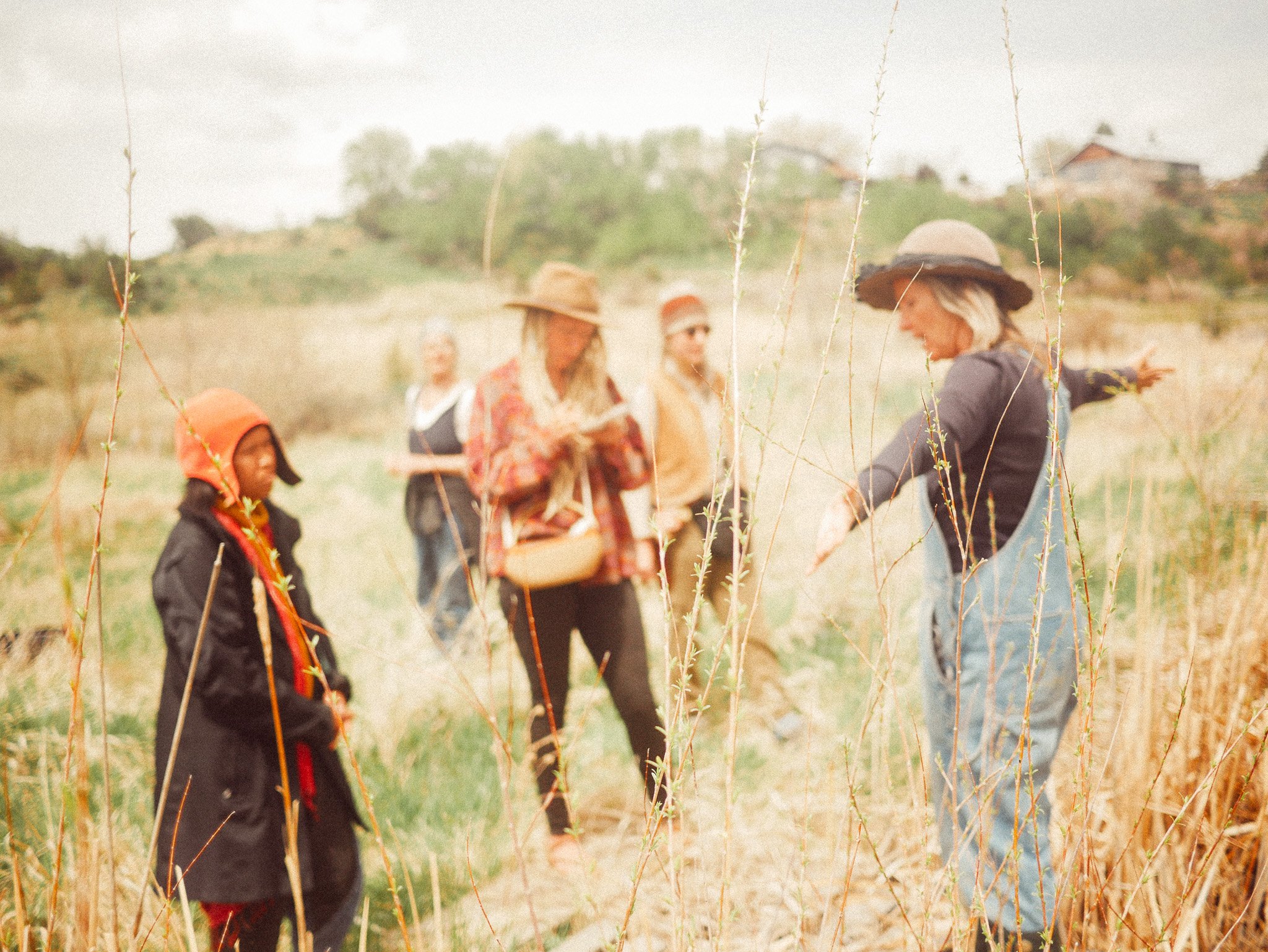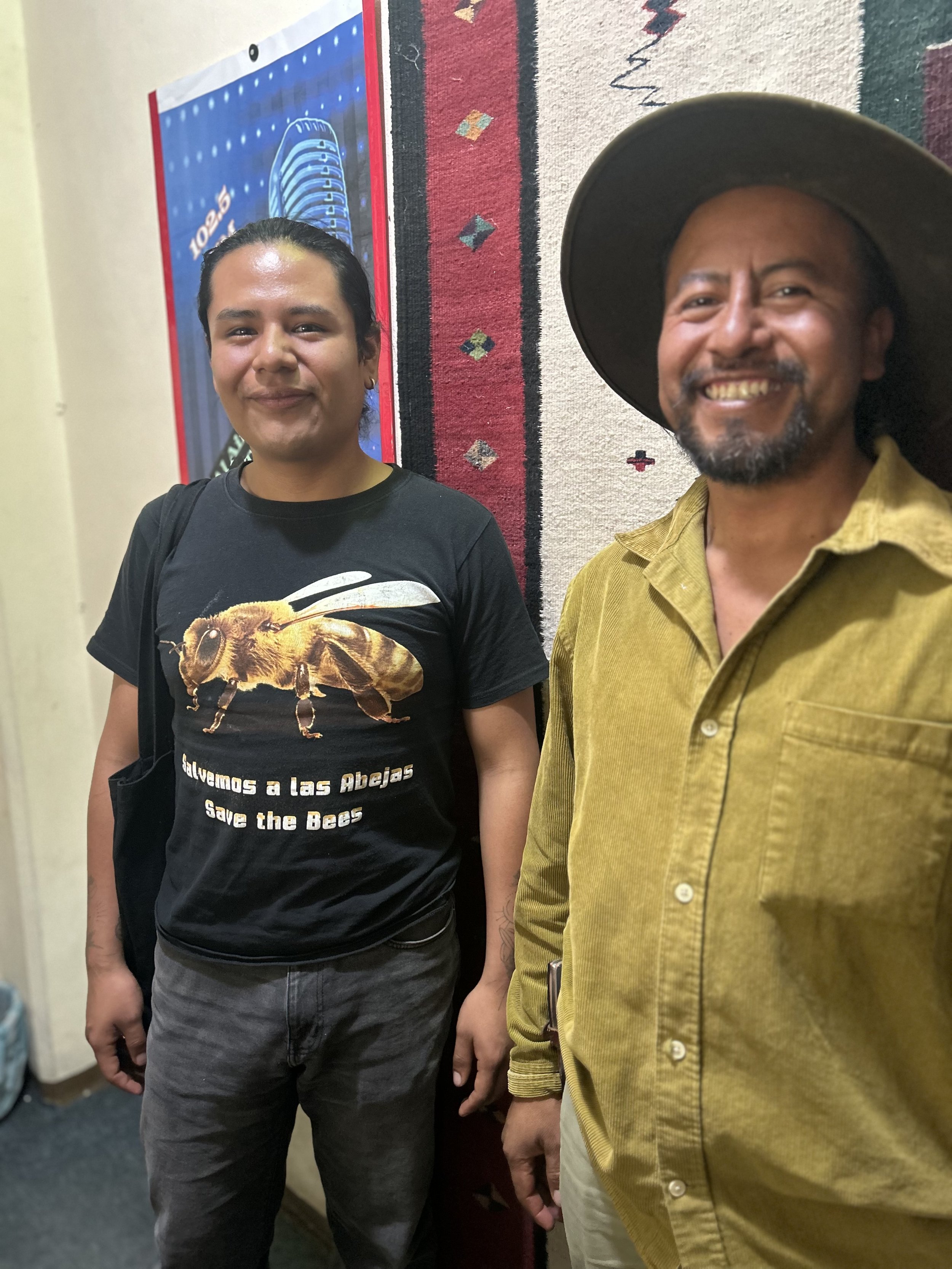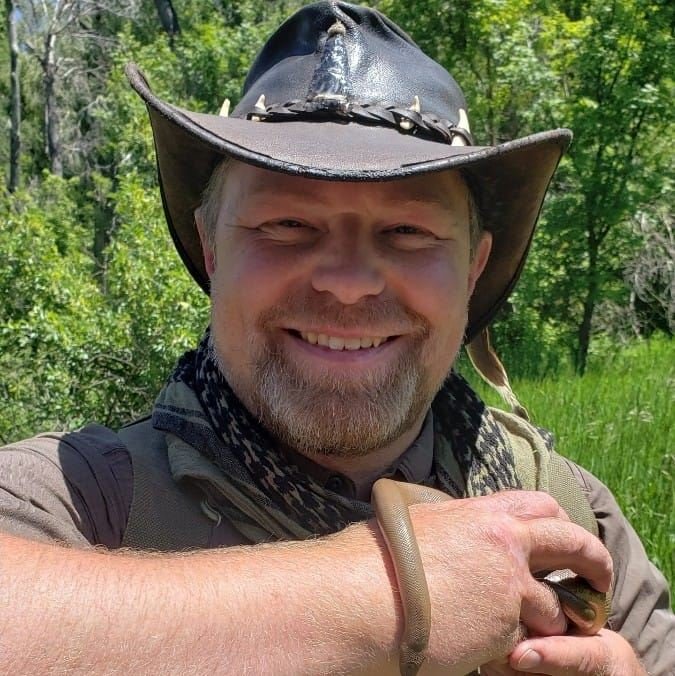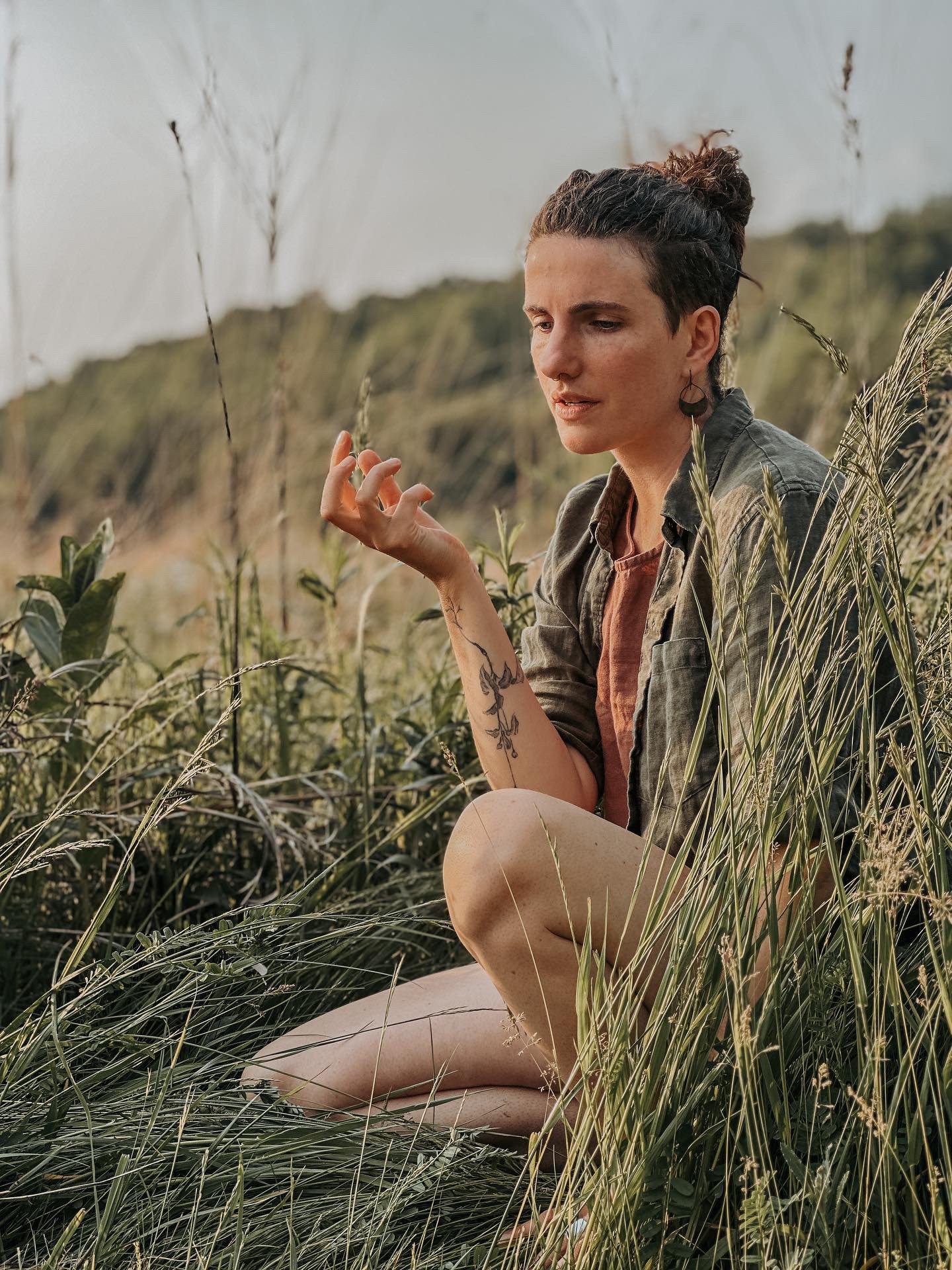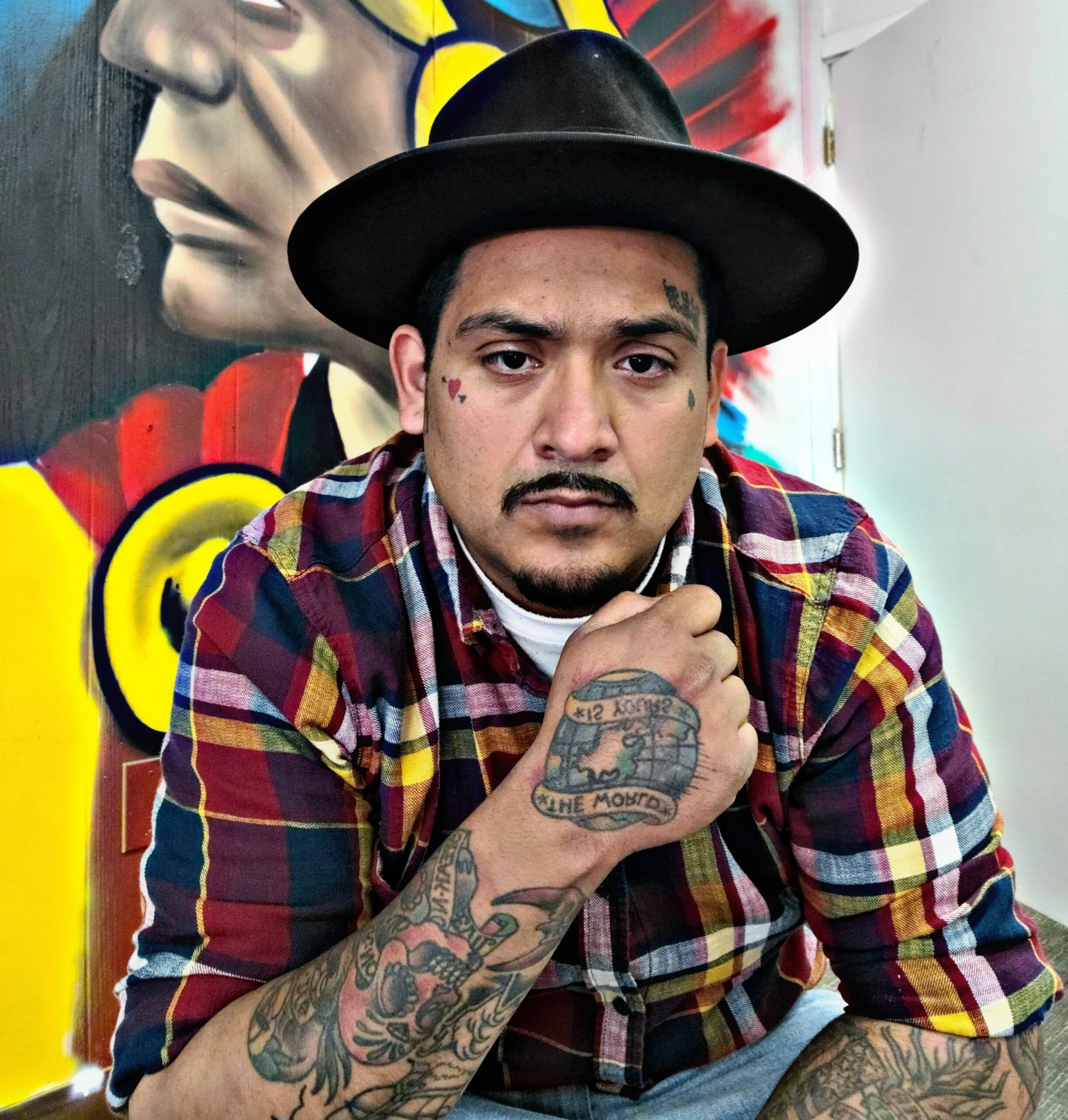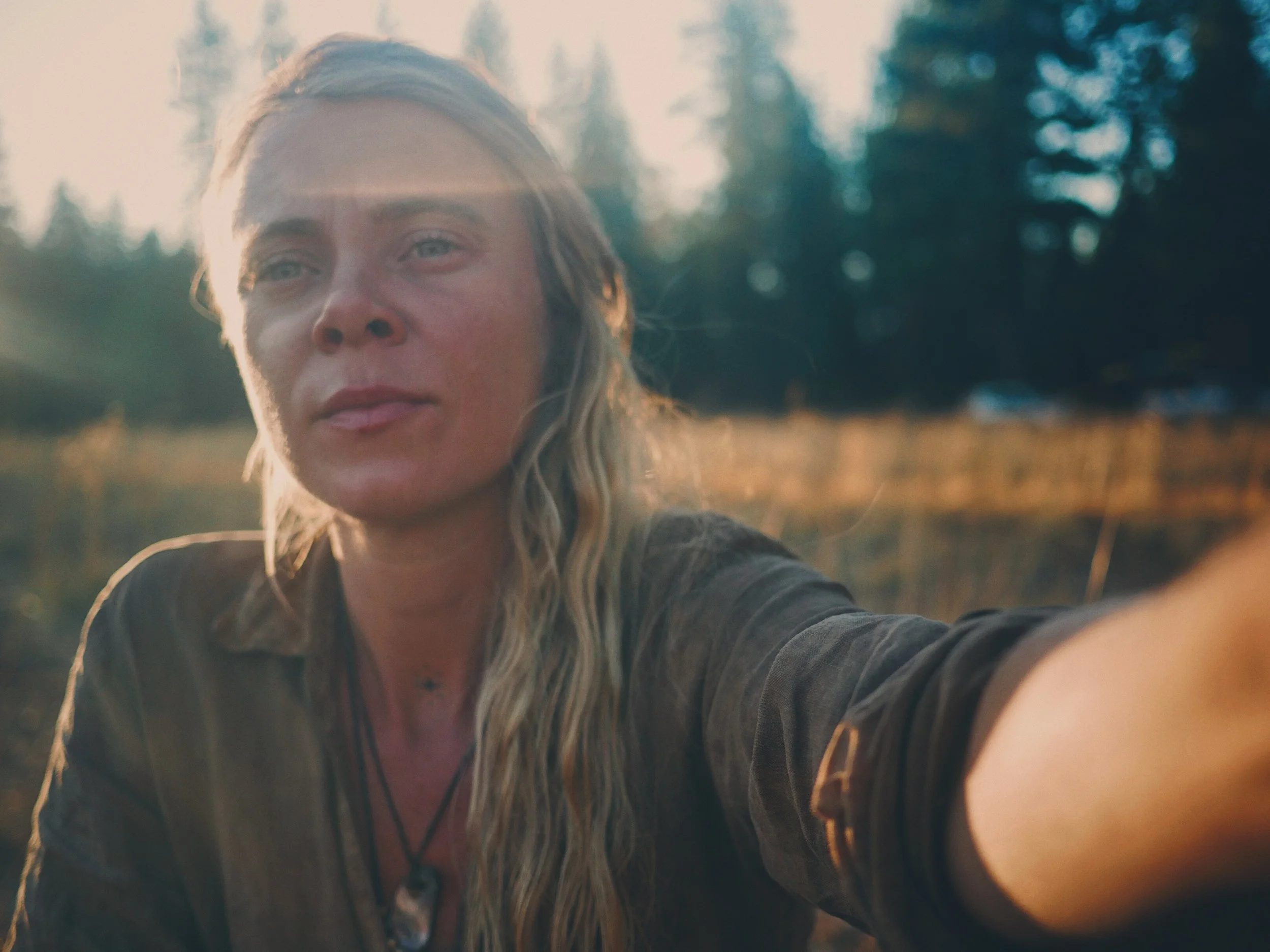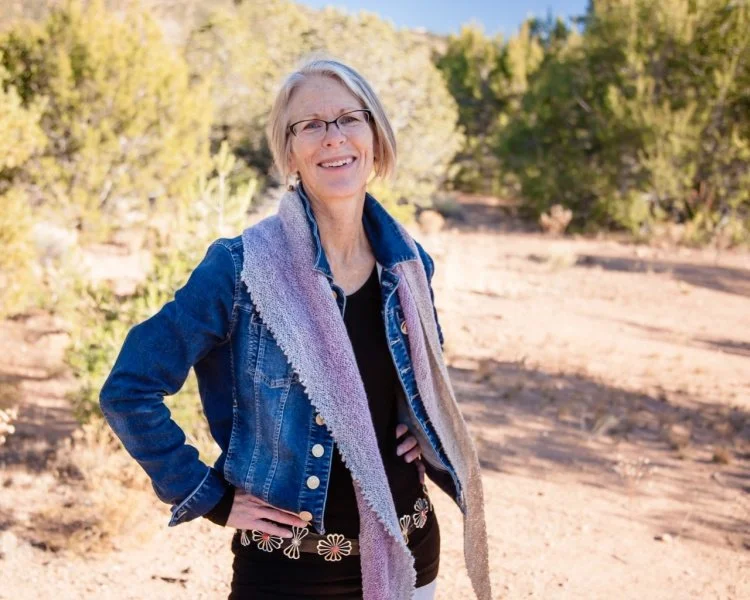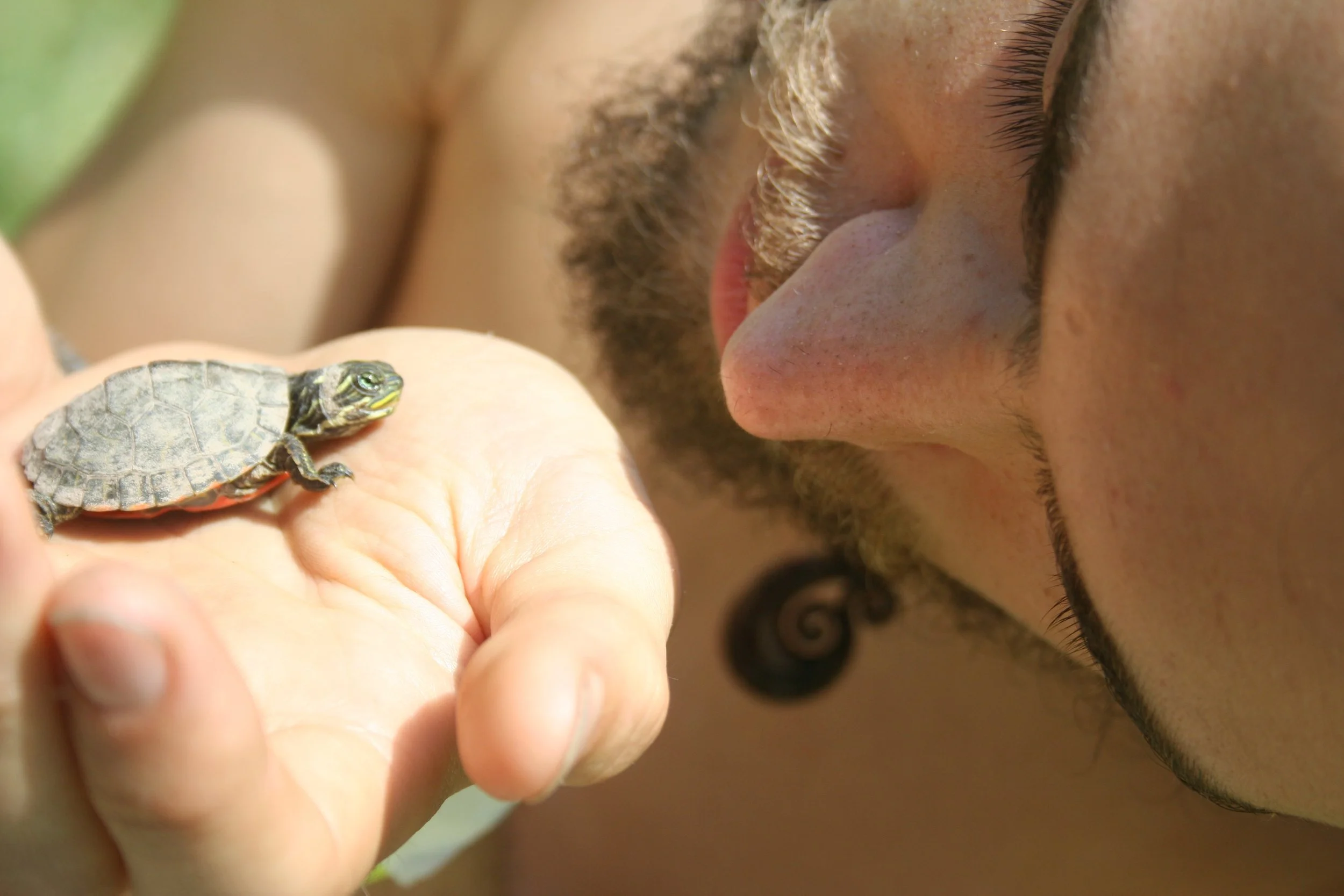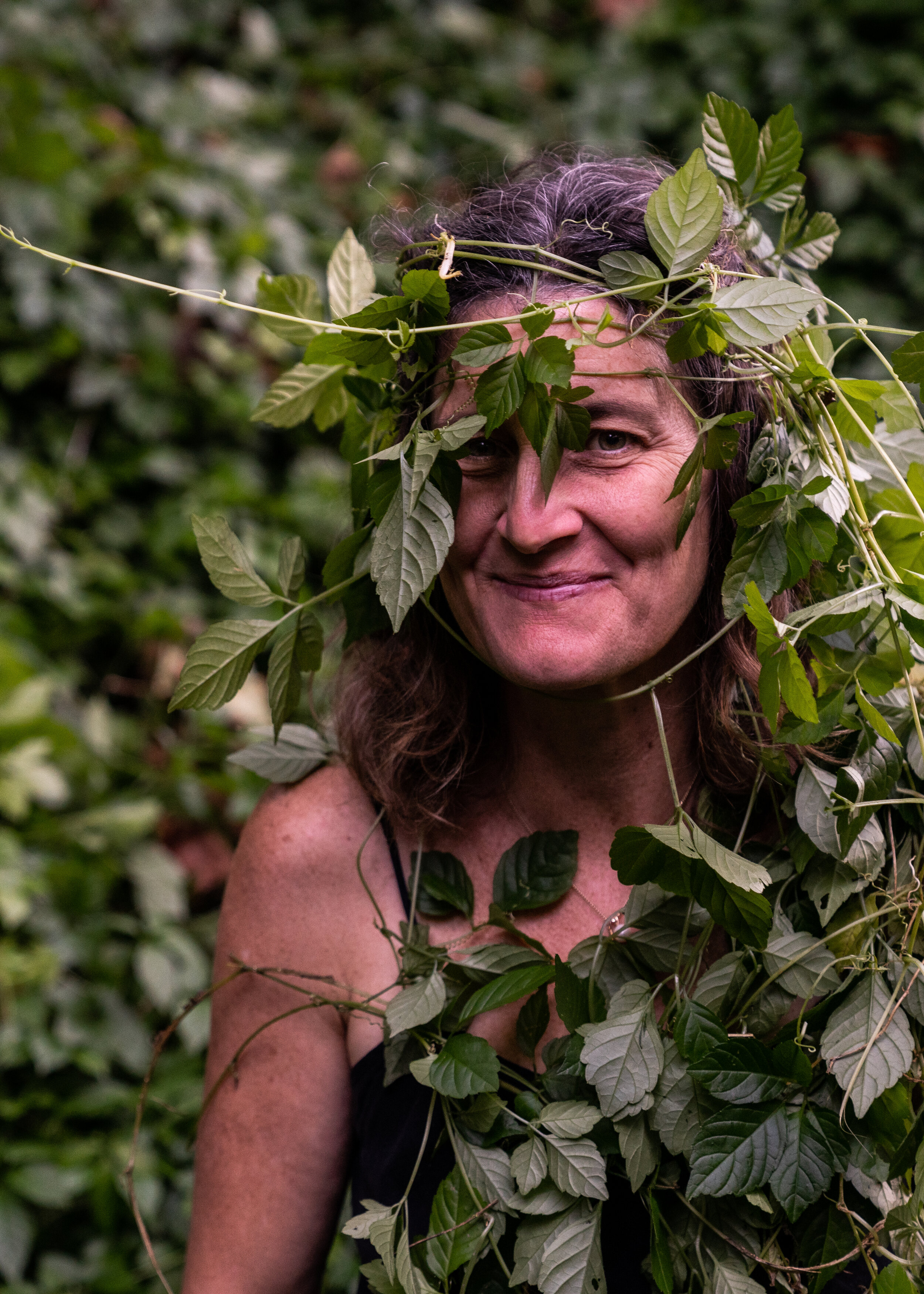Episode #80 of the Ground Shots Podcast is a conversation with Elizabeth Yaari out of Paonia, Colorado.
Together with the insects, animals, plants and elements Elizabeth Yaari is transforming a dry patch of semi arid desert into a thriving regenerative seven layered food forest. “Anything is possible”, she says “even when you have 6 1/2 inches of rain a year.”
To spend time with Elizabeth is to enter a realm where depth matters and play reigns. Her descriptions of life at Night Owl food Forest will take you on a journey you were glad you took.
As an enthusiastic member of the Design School for Regenerating Earth, Elizabeth learns to create earthworks and microclimates which benefit not only neighbors on the same watershed but also all life in the surrounding bioregion.
In this episode of the podcast, we talked about:
why Elizabeth started the Night Owl Food Forest
her relationship to art, eco-grief and planting
the permaculture course Elizabeth took with Pat Frazier and Wind Clearwater, and how it influenced her work on the land
Elizabeth tells a funny story of trying to sex a cow with permaculture teacher Pat Frazier and how it taught her to observe
working on the land over many years gives you way more knowledge of a place and its nuances than reading books
the nature of the Night Owl Food Forest - geologically and ecologically, and Elizabeth’s goals of restoration and regeneration
what Elizabeth learned about people from getting their compost for the food forest to build the soil
how Elizabeth works with the local community to build the food forest
thinking long term, beyond private land borders, and dedicated to small spaces
water and permaculture at the Night Owl Food Forest, which has little water rights and gets only a small amount of water each year
observations Elizabeth has made at the Night Owl Food Forest- as observation is the first step of tending land
Elizabeth’s observation of how wild flax literally moves throughout the day in response to the sun’s location in the sky
Sagebrush, Saltbush and Greasewood, halophytes that can tolerate salt and ‘poor soil’ in a permaculture setting
Some of what Elizabeth has planted at the Night Owl Food Forest
where Elizabeth planted Biscuitroot seeds on her land and why
slow, sink and spread, and how that is necessary at a spot like the Night Owl Food Forest
permaculture in desert environments
how Elizabeth made her hugelkultur beds with Cottonwoods cut down by beavers
using beaver deceivers to work with the beavers in the neighboring drainage
how the Praire Dog tunnels become conduits for water, and provide spaces where water can hide further up hill, and could be considered a ‘riparian zone’ by some
an audio tour of the night owl food forest in the snow with Elizabeth
